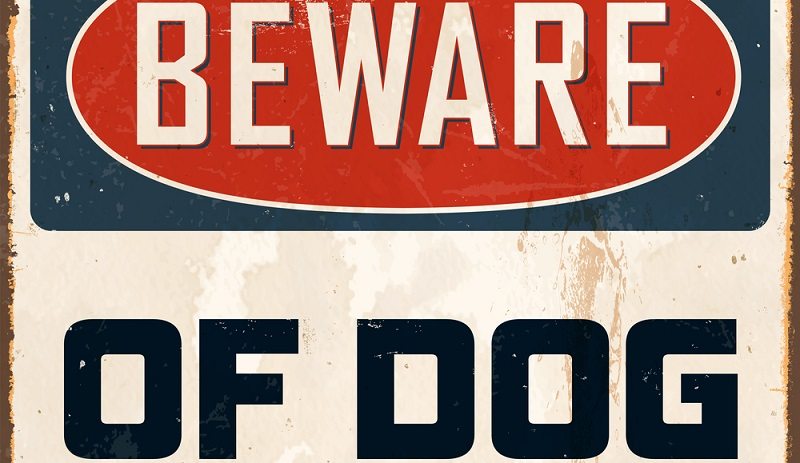A federal judge in Albany recently upheld Cornell University’s decision to expel a veterinary student based on her German Shepherd’s “dangerous nature” and her failure to disclose this information to the university (Habitzreuther v. Cornell University, 5:14-cv-1229). The former veterinary student (and plaintiff in the action against Cornell University), Karen Habitzreuther, brought her rescue dog, Shandor, to campus with her while she attended veterinary school at Cornell beginning in 2005. During her second year of studies in 2006, Shandor developed an ear infection and was examined by a student clinician at the veterinary school at Cornell. Shandor bit the student clinician, and Cornell subsequently held a hearing to determine whether Habitzreuther violated Cornell’s Honor Code when she affirmatively represented that despite the fact that Shandor had previously bitten other humans, he did not have aggression issues. The Faculty Administrative Board found that Habitzreuther violated the Honor Code, suspended her for two years, and eventually expelled her in 2009. The decision by Cornell to expel Habitzreuther was upheld last month by Northern District of New York Chief Judge Gary L. Sharpe.
Dog Attacks in New York
In New York, a person who witnesses an attack (or even what seems to be a threatened attack) can make a formal complaint to a municipal judge or justice (N.Y. AGM. LAW § 121). The judge or justice makes a determination as to whether probable cause exists that the dog is a “dangerous dog” and whether or not to direct a dog control officer to seize the dog. Whether or not the dog is seized, the judge or justice must hold a hearing on the complaint and make a determination as to whether the dog is dangerous within five days of the complaint. The person who brings the complaint has the burden of proving that the dog is, in fact, dangerous by clear and convincing evidence.
If the dog is found to be a dangerous dog, the judge has several options in deciding what is an appropriate way to deal with a dangerous dog, including treatment by a behaviorist, humane confinement for a set period of time (to prevent escape of the dog and to protect the public), restraint on a leash in public by an adult over 21 years of age, or humane muzzling of the animal in public. The judge can also order the owner to maintain a liability insurance policy in the event the dog serious injuries or causes the death of a person.
The important thing to remember is that any owner of a dog who negligently allows a dog to bite a human is subject to a payment of up to $1,500.00 (in addition to other possible civil penalties). If you or a loved one have suffered serious physical injury due to a dog bite, you may be entitled to compensation from the dog’s owner. Consult with an experienced personal injury attorney and learn more about your options. Contact the attorneys at Napoli Shkolnik PLLC today at (212) 397-1000 for your free, no-obligation consultation today.
